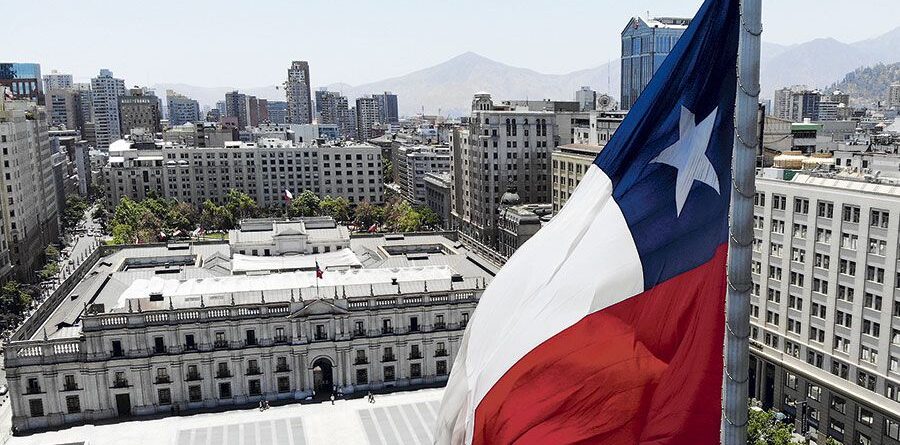How Chile’s Pension System Became a Covid Piggy Bank
Chile’s love-it-or-loathe it private pension system has long served as a pillar of the nation’s capital markets. Since the pandemic hit, it’s been serving another role, that of national piggy bank. Congress has passed three bills allowing savers to withdrawal billions of dollars. It’s now considering a fourth drawdown, a move that is worrying investors, pulling both the finance ministry and the central bank into the fray. The proposal is also spurring fresh political debate ahead of November’s presidential elections.
Private pensions were set up in 1981 during the dictatorship of Augusto Pinochet by Jose Pinera, brother of the current president, with the aim of increasing the country’s savings rate, developing its capital markets and easing the long-term pressure on its budget. It’s like an obligatory 401k, though with less flexibility: Workers must pay a fixed percentage of their salary into funds administered by private-sector managers. Each offer five different options with varying degrees of risk exposure. When introduced, switching was optional for workers — albeit strongly encouraged by a government publicity campaign — and compulsory for new entrants to the labor market.
Read more @Bloomberg
750 views










